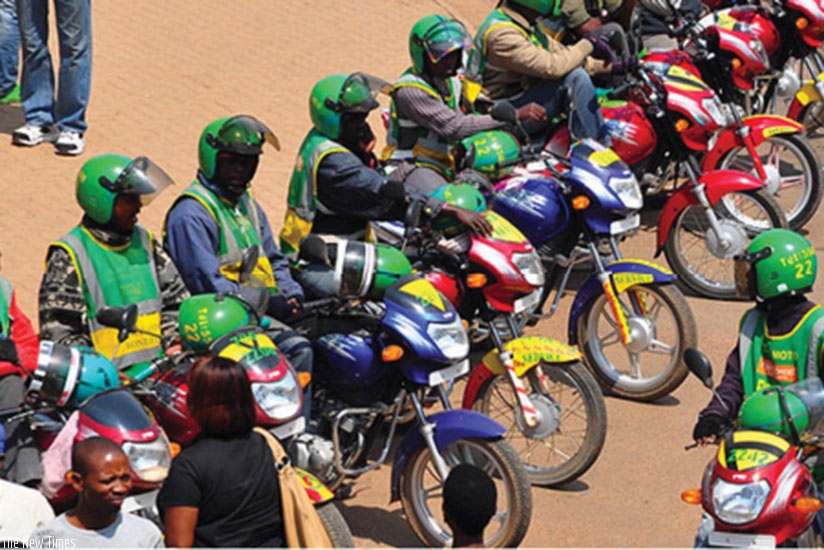Here’s how we can phase out taxi-motos
Editor,
RE: “We can plan for our cities without scary words like ‘ban’” (The New Times, September 18).
I suggest the following:

Taxi-motos at a stage in Kigali (File)
